What is the role of music and dance in Nigerian traditional festivals?
Did you just say you would love to attend Nigerian traditional festivals? That will be great.
But, are you prepared to dance when music is played at the festival event? Do you know the role of music and dance in Nigerian traditional festivals? If you are not sure, you will be sure after reading this article.
Music and dance play vital roles in these celebrations, acting as both a form of expression and a means of preserving the nation’s diverse cultural identity.
This article explores the significance of music and dance in Nigerian traditional festivals.
Cultural Expression and Identity
Music and dance are fundamental to expressing the unique cultural identities of Nigeria’s various ethnic groups. Each group has its own distinct musical styles, instruments, and dance forms that are showcased during festivals.
For instance, the Yoruba people are known for their drumming and intricate dance steps, while the Igbo celebrate with energetic masquerade dances.
These performances are not just entertainment; they are a display of cultural pride and a way to pass down traditions to younger generations.
Rituals and Ceremonies
In many Nigerian traditional festivals, music and dance are integral to religious and spiritual rituals.
They are used to honor deities, ancestors, and spirits, often involving elaborate ceremonies that include singing, drumming, and dancing.
These rituals are believed to bring blessings, protection, and prosperity to the community. For example, the Osun-Osogbo festival, dedicated to the river goddess Osun, features sacred music and dance that are essential to the worship and appeasement of the deity.
Social Cohesion and Unity
Festivals in Nigeria serve as a time for the community to come together, and music and dance are central to fostering social cohesion.
They provide a platform for communal participation, where people of all ages and backgrounds can join in the festivities. This collective experience strengthens community bonds and promotes a sense of unity.
During the New Yam Festival, celebrated by the Igbo people, communal dances and songs are performed to mark the end of the farming season and the beginning of a new one, reinforcing the community’s connection to the land and to each other.
Storytelling and Historical Preservation
Music and dance in Nigerian traditional festivals also serve as a means of storytelling and historical preservation. Through songs and dances, stories of past heroes, historical events, and moral lessons are conveyed to the audience.
This oral tradition ensures that history and cultural values are kept alive. The Tiv people, for instance, use their kwagh-hir theatre, which combines storytelling, music, and dance, to narrate tales and teach important life lessons.
Entertainment and Celebration
Of course, music and dance are also sources of joy and entertainment during Nigerian festivals. They add color, energy, and excitement to the celebrations, making them more enjoyable for participants and spectators alike.
The Durbar festival, celebrated by the Hausa-Fulani people, features horse riding, drumming, and acrobatic dances, creating a spectacular and entertaining display that draws large crowds.
In conclusion, music and dance are indispensable elements of Nigerian traditional festivals, serving multiple roles from cultural expression and ritualistic purposes to fostering social unity and preserving history. They are a testament to Nigeria’s rich cultural diversity and the enduring significance of these art forms in the life of the community.
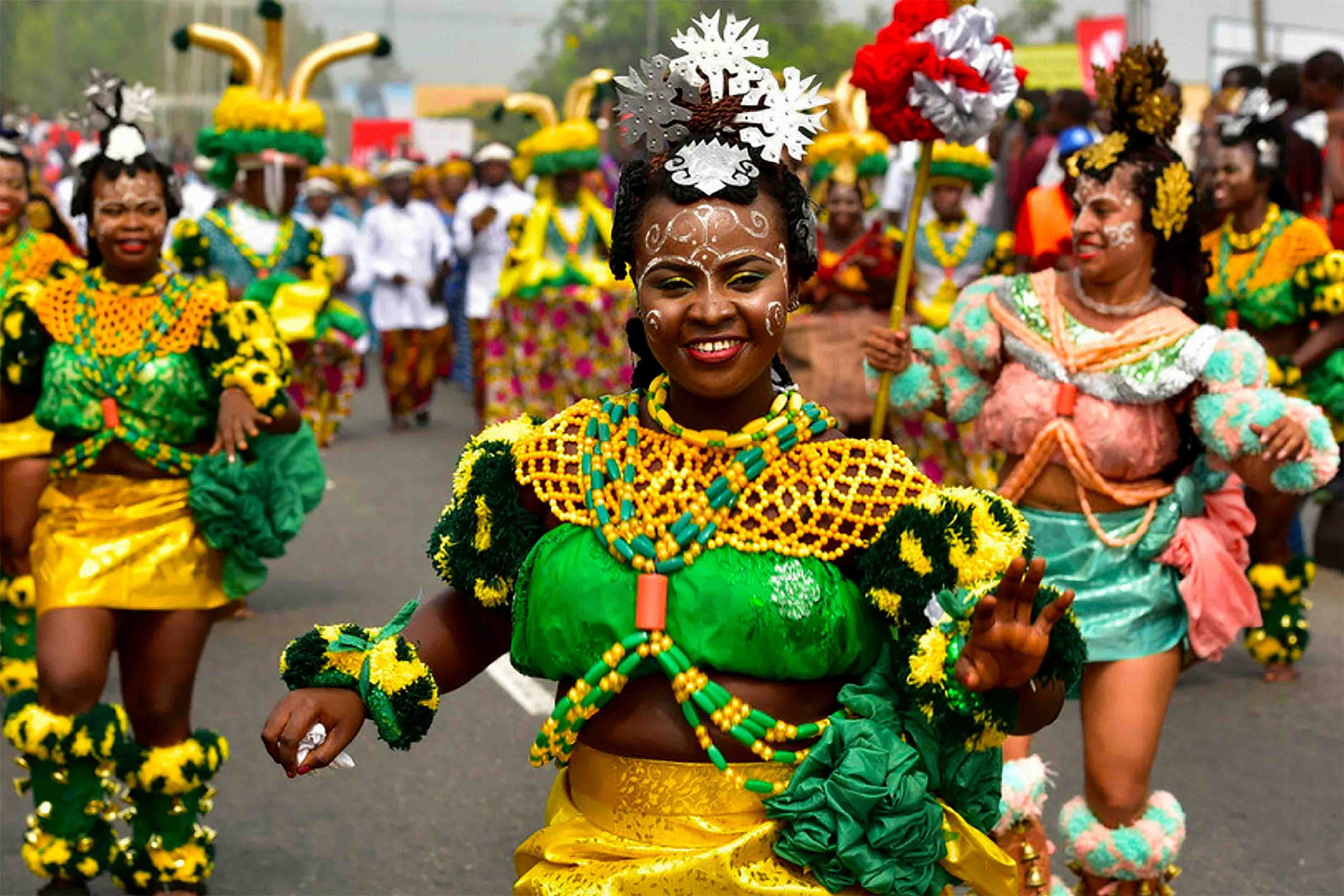
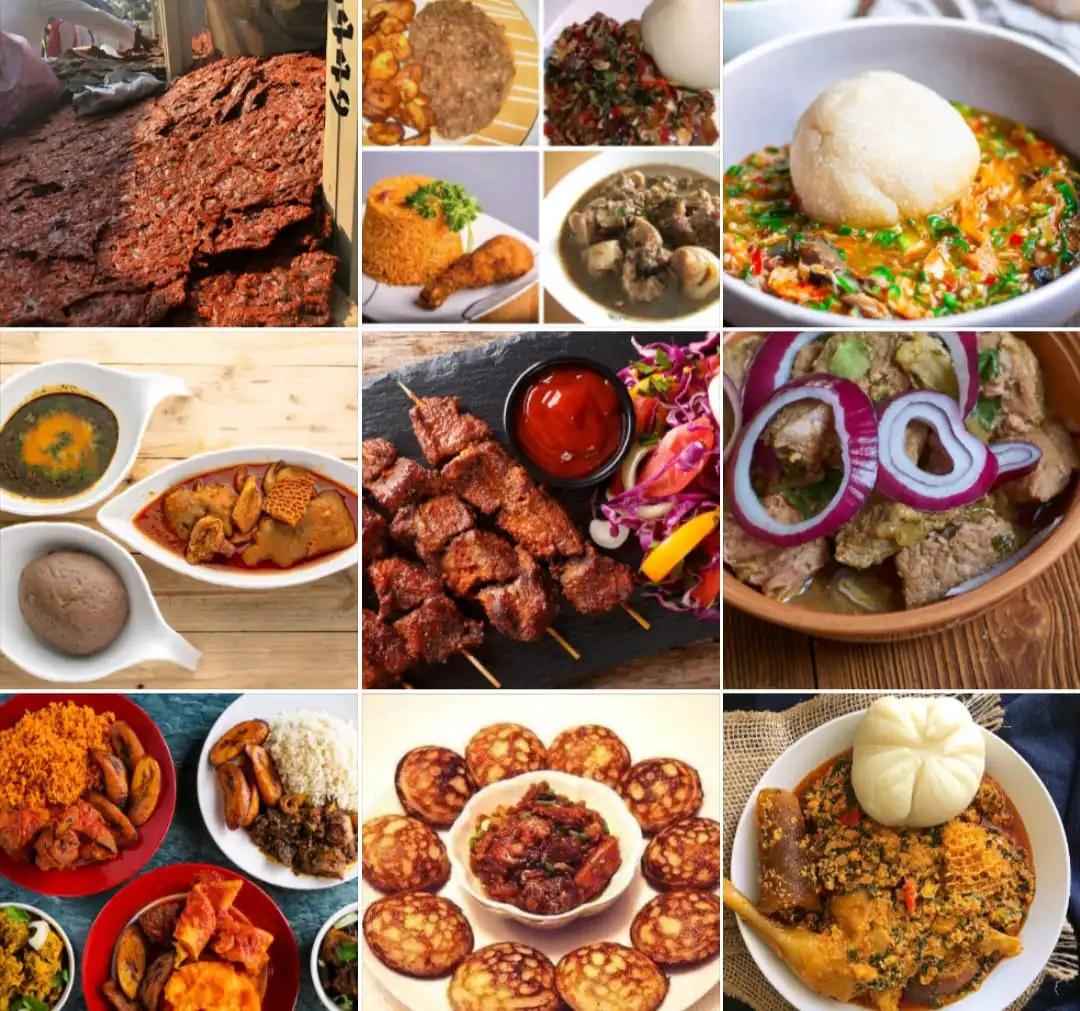
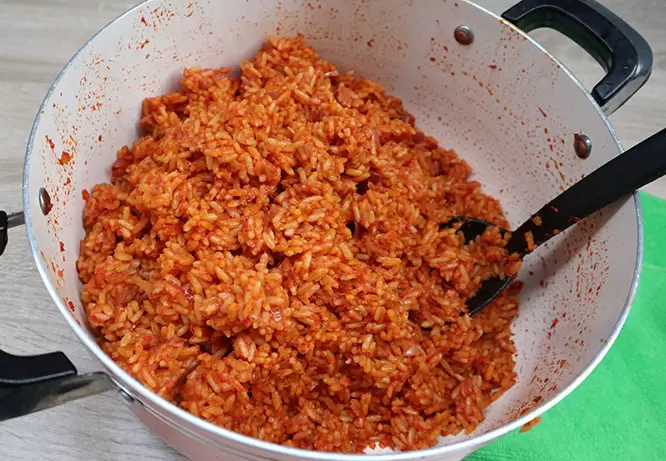

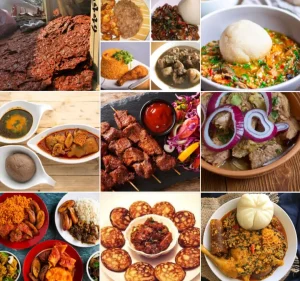
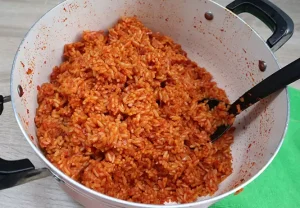
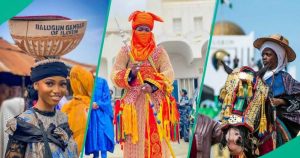
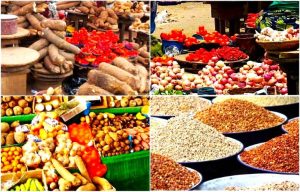

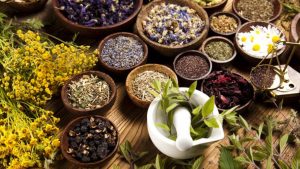
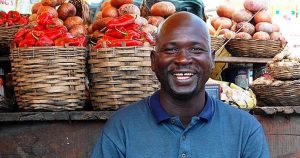
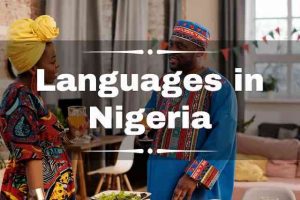
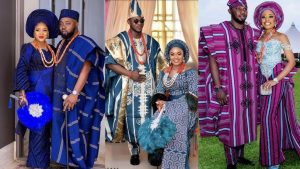
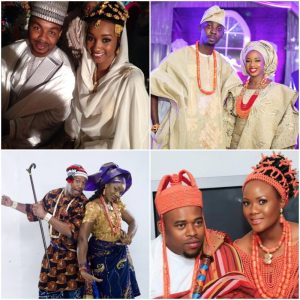
Post Comment